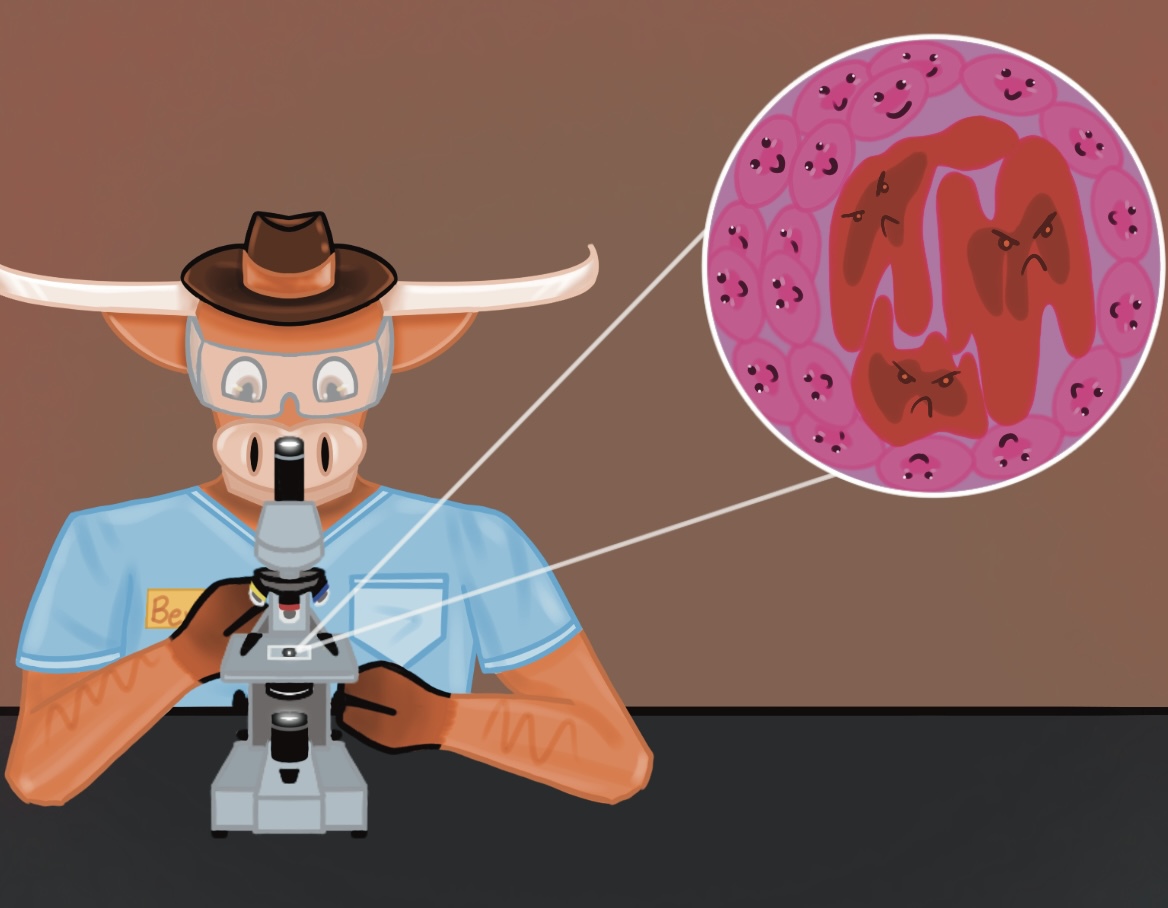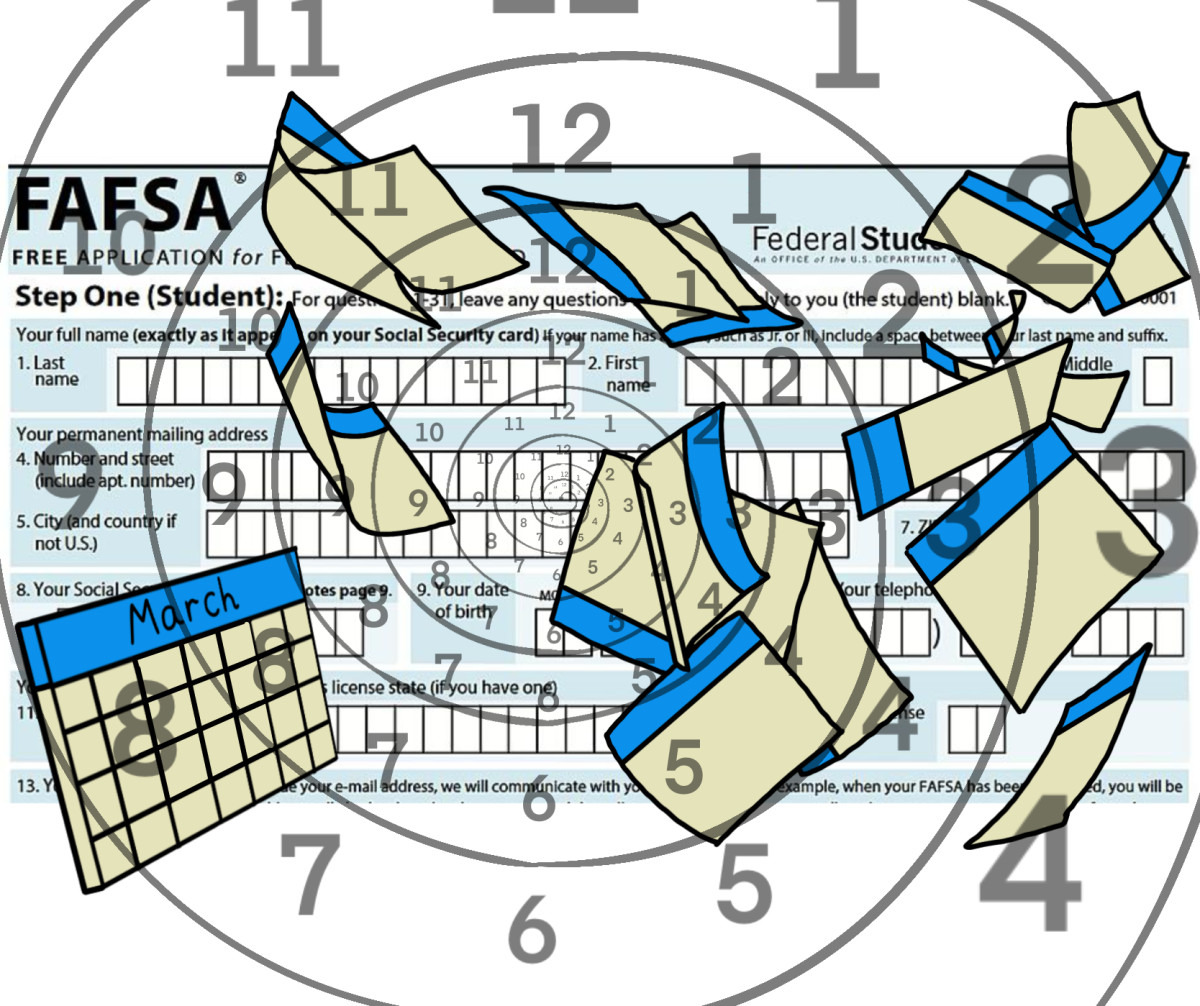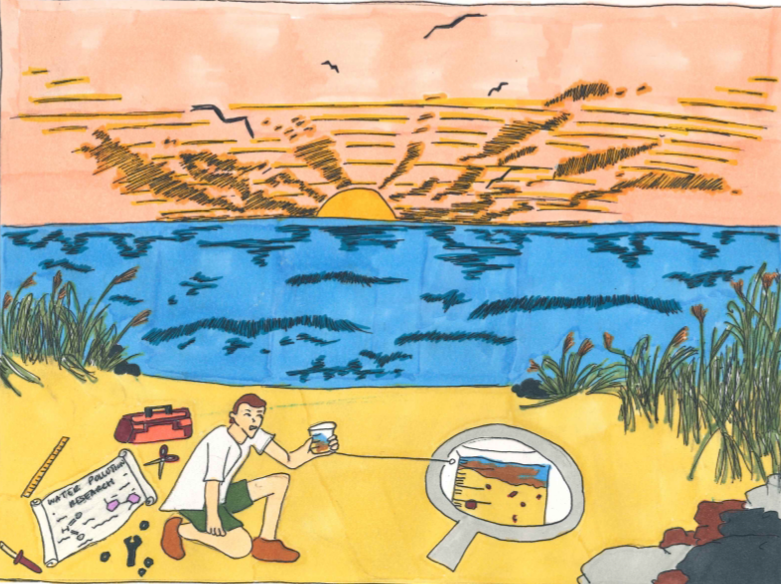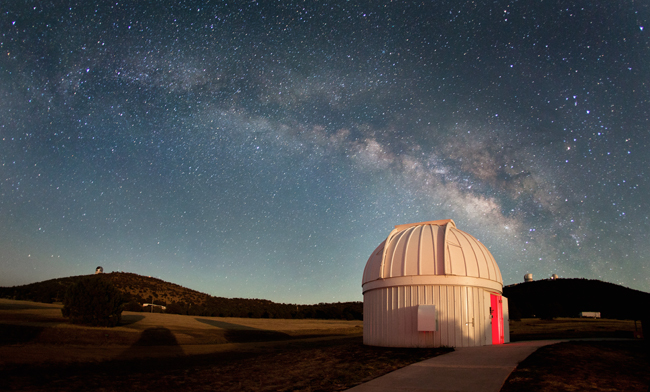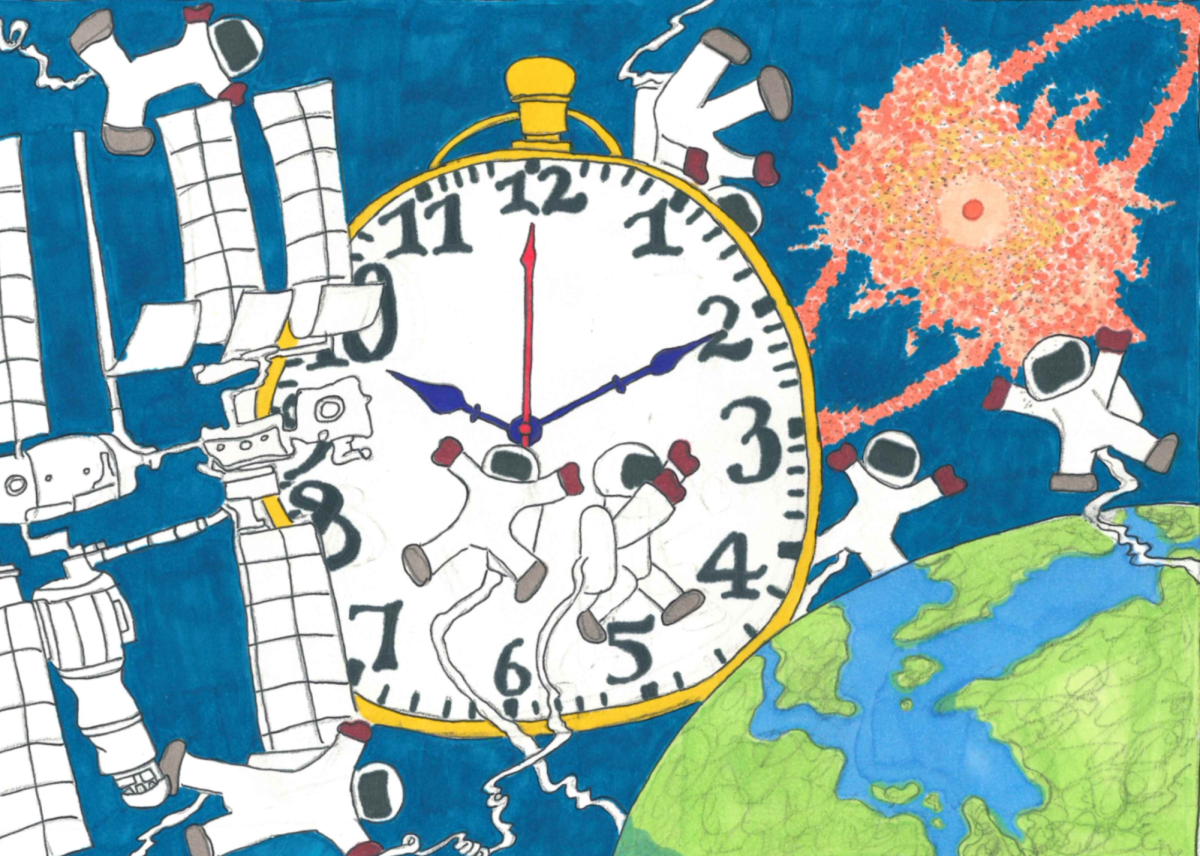UT scientists have discovered how the growth of a deadly form of leukemia could be controlled in a study published on Feb. 13.
The study, published in Cell Metabolism, details a possible treatment for acute myeloid leukemia, an aggressive form of cancer that primarily attacks adults over 65. Lulu Cambronne, an assistant professor in the Department of Molecular Biosciences, led the study’s investigation. She said most patients with this form of cancer cannot withstand aggressive treatments, but this treatment, in combination with other therapies, can provide more room for success.
“There are very limited therapeutic options,” Cambronne said. “(But this treatment) seems to have a combinatorial effect (with pre-existing therapies) that allows us to have a larger therapeutic window.”
Mu-Jie Lu, a graduate research assistant for Cambronne’s lab and the first author of the study, said she initiated the project during the COVID-19 pandemic after discovering higher levels of a specific cellular transporter in patients with acute myeloid leukemia. In healthy cells, the transporter moves cellular fuel into the cells’ mitochondria, providing energy for various processes. Lu found that in cells with AML, the higher numbers of transporters give the cancer cells more fuel to replicate, which in turn leads to the spread of the cancer.
Lu said she reached out to William Matsui, the vice dean of Dell Medical School and co-author of the study, because there was not proper cancer research equipment in Cambronne’s lab. Matsui provided Lu with material to test if the transporters are required for cell survival. After the initial experiment, Lu reached out to Stefano Tiziani, an associate professor of nutritional sciences, to calculate the mitochondrial metabolism of cells infected with AML.
“It’s a nice environment because I’d need something, and I’d just reach out to people around the campus, and they can help, and then we collaborate,” Lu said.
Ultimately, Lu found that lowering the transporter levels only harmed the cancerous cells, not the healthy ones.
Valeria Impedovo, a doctoral student in Nutritional Sciences, worked on the metabolic portion of the study alongside lab partner Jonathan Busquets, a master of nutritional sciences alumnus. Impedovo said the study allows for new therapeutic discoveries and targets.
“In science, every step looks really big, but it’s just a small step,” Impedovo said. “It might be a small contribution or a big one. It’s good to know that, at least, it’s a contribution, and at least we know more now about leukemia.”
Cambronne said she believes the discovery of this weakness will transform the treatment of other oxidative cancers.
“As the principal investigator, part of my role is to make sure the evidence is congruent, the evidence makes sense, the evidence is logical and fits in the greater fields of cancer biology, cell metabolism, transporter studies, and mitochondria,” Cambronne said. “(Lu’s) work touches on all of these different fields and actually brings them together and provides a foundation for a new way of thinking about this transporter.”

